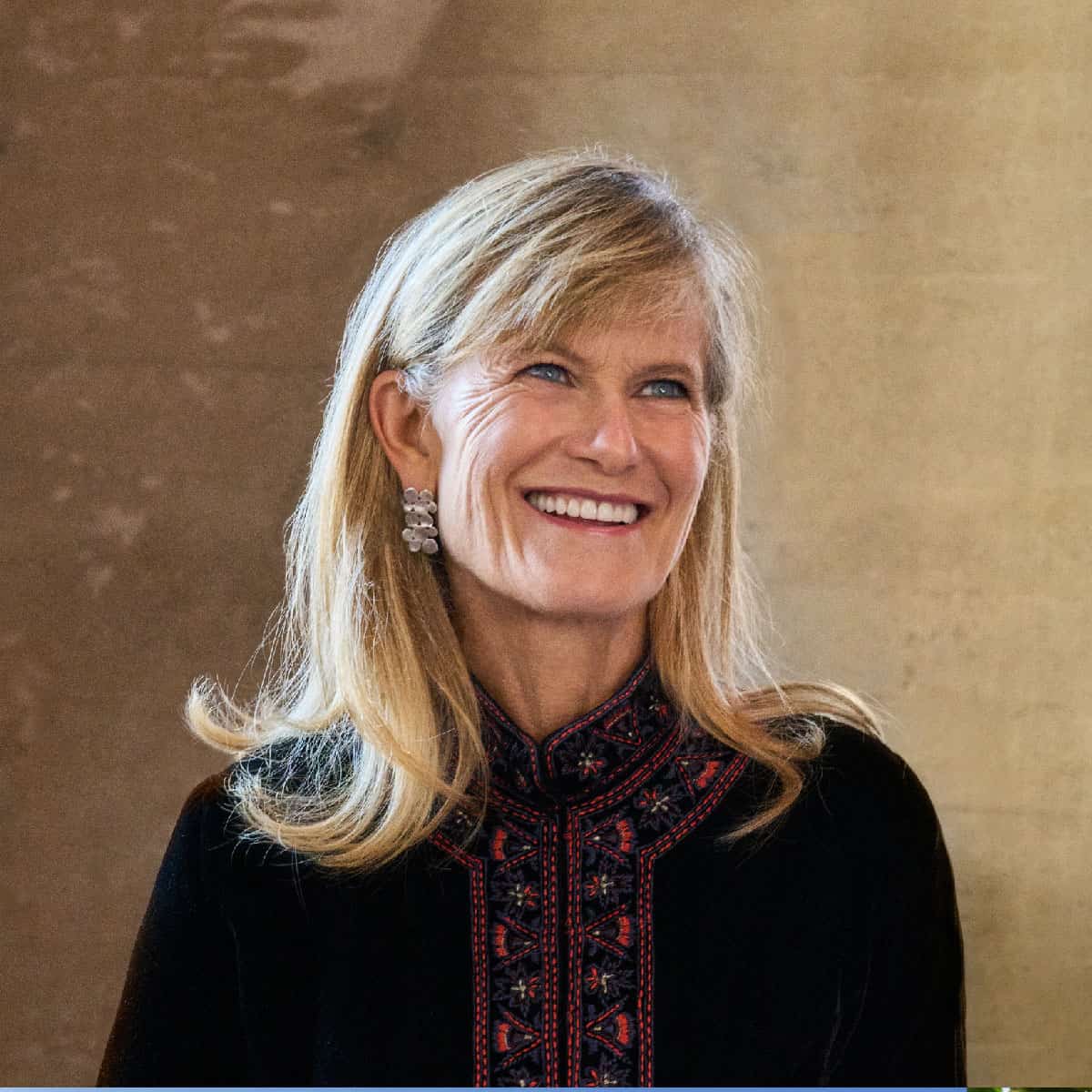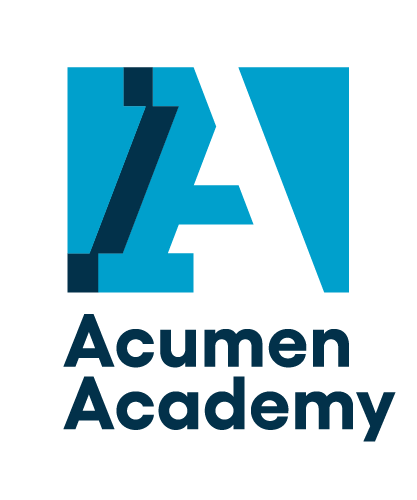Partner with humility and audacity
Acumen Founder Jacqueline Novogratz shares the importance of effective partnerships for scaling impact, emphasizing that they must be built on trust, integrity, and clear goals
Featured speaker

Jacqueline Novogratz
Founder & CEO, Acumen

Jacqueline Novogratz
Founder & CEO, Acumen
Transcript
Jacqueline Novogratz, Founder & CEO, Acumen
Small is beautiful, and scale is critical when we're looking to solve our toughest social problems. One of the things that we learned at Acumen is that the market alone usually doesn't solve those problems.
The ones that get to scale learn how to partner with government.
And whether you're partnering with government or corporations or anybody who's different, what you need is the humility to understand what you do well and what you don't do well, and the audacity to imagine what you want to build and who you need to partner with so that they can fill in those gaps.
The story starts with two young entrepreneurs, David Ellis and Joe Shields - two Americans who've never seen a live chicken in their lives. They come to Ethiopia and they see an opportunity to buy a large broken-down chicken farm.
They start with partnering. They partner with each other. Then they recognize they have to partner with farmers. Again, they have to have the humility to understand what stands in the way of the farmer's success. It's hard to raise a chicken, certainly from the time a little baby chick is one day old until it's 45 days old. So you've got to solve for those problems.
So the business model then learns to partner with what they call agents, individuals who are focusing their entire lives, essentially, on raising a thousand chicks at a time to the point where those farmers can then buy the chicks.
So now they've got that part of the puzzle solved.
Now they've got to find a way to distribute those little chickens, egg laying chickens, to farmers across the country, and they can't do it by themselves.
In Ethiopia, it just so happens that the government has a lot of trust with rural farmers. So EthioChicken needs to learn to partner with government as well.
Dave tells a great story about the deep humility that was needed because when they first got to Ethiopia, they thought they knew a lot more than they did.
They had to start by asking questions, really understand the strengths of government, not come in with their own expectations or assumptions that government wasn't going to be good at anything. In fact, there were a lot of things government was better at than they were. And in building that trust and recognizing that they were guests in this country.
Dave went on, he learned Amharic. He would visit people on the other side in government, not always for a transaction, just to get to know them.
They began to realize that the commitment to the commitment itself is a form of building great partnerships, and that you also have to have a certain kind of vulnerability, a willingness to admit when you're wrong, when you're not so good at something, so that together you can reinforce the commitment you have as individuals and collectively to solve a common problem.
And the system gets a scaled company, working with 4 million smallholder farmers who are injecting about $200 million a year into the Ethiopian economy. Government also announced an 11% reduction in childhood malnutrition, crediting the work that EthioChicken did with government to bring this solution to its people.
Key takeaways
Know what you do well and partner to fill gaps
Ask questions, listen, and respect your partners’ expertise
Vulnerability can strengthen relationships and your ability to collectively solve common problems
